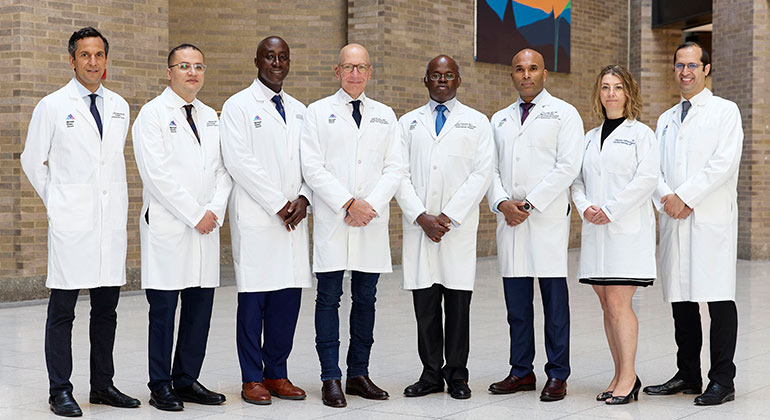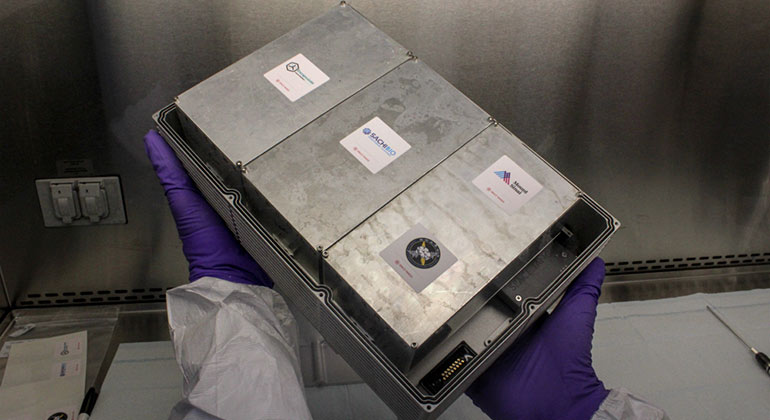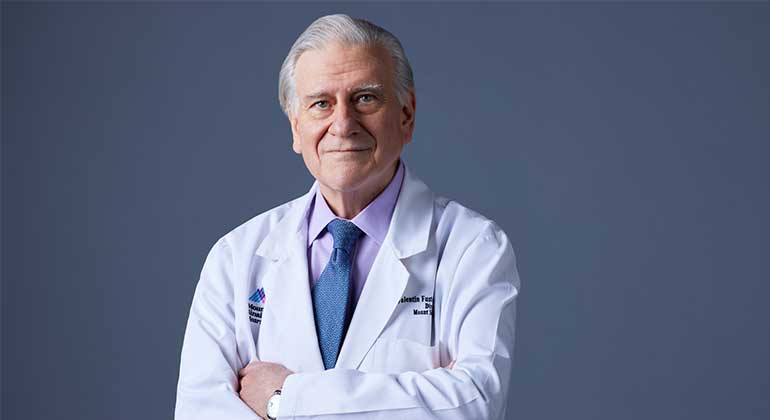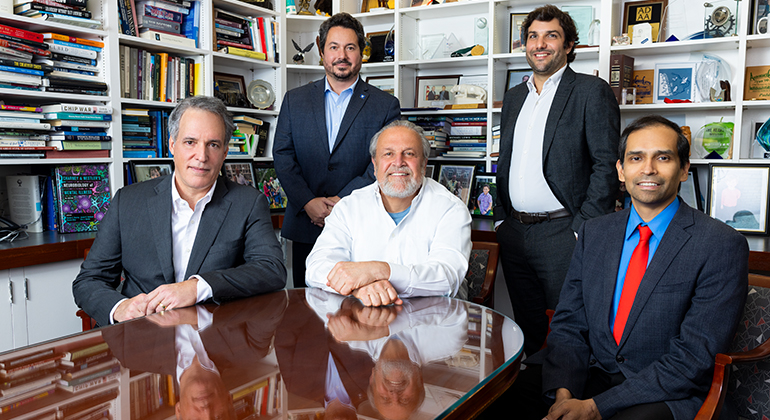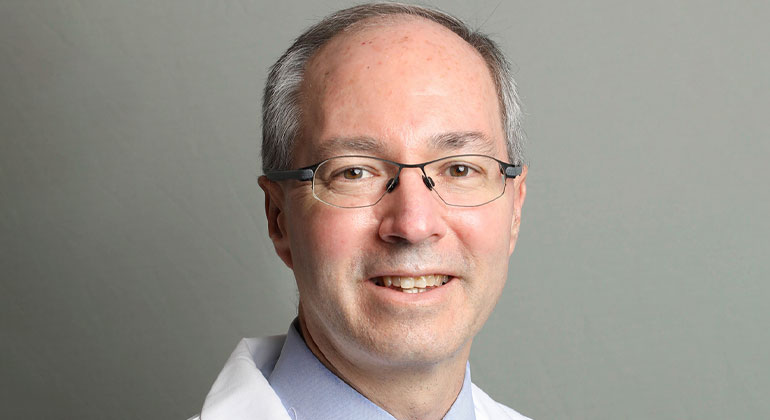Medical Students Can Learn How to Use Handheld Ultrasound Technology to Improve Their Physical Diagnosis
A new study by researchers from Icahn School of Medicine at Mount Sinai found that training medical students to use a handheld ultrasound device can enhance the accuracy of their physical diagnosis. The study was presented November 18 at the American Heart Association’s Scientific Sessions 2014.
The study by Icahn School of Medicine at Mount Sinai included a 90-minute, personalized lesson for 64 second-year medical students in how to use handheld echocardiography technology, with a review of a 3D cardiac anatomy model, video images of normal echocardiograms, and the opportunity to test the handheld device on classmates.
The study’s goal was to evaluate an entire medical student class and observe if a group of novice medical students given this training could employ the technology successfully to achieve more accurate diagnosis of valvular heart disease than 72 of their classmates who received only traditional instruction in how to review medical histories and analyze heart murmur sounds using a stethoscope.
Valvular heart disease is when one or more of the four valves inside the heart are not functioning properly leading to improper blood flow throughout the heart. The condition can be caused by an infection, heart disease, or a heart attack. Heart valve disease is traditionally first suspected when a doctor hears a heart murmur while listening to a patient’s heart using a stethoscope. An echocardiogram machine, or a handheld echocardiography device, is a tool which uses sound waves to create images of the heart for doctors to visually identify any irregular heartbeat or valve abnormalities.
After all 136 students in the Cardiac Pathophysiology course took the identical final examination test, results showed that those with the enhanced training in handheld technology were more likely than the students with standard training to correctly diagnose valvular heart disease, 58 percent versus 40 percent, when the students were additionally provided with video of echocardiograms.
“As the field of medicine grows more complex, our study findings show that the addition of handheld echocardiography as a component of students’ diagnostic skill set can substantially enhance the accuracy of physical diagnosis, even when introduced at the earliest stages of the students’ training,” says the study’s lead author David Vorchheimer, MD, Associate Professor of Medicine, Cardiology at Icahn School of Medicine at Mount Sinai. “We have shown that even a limited 90-minute training session with the small, portable handheld ultrasound device can give medical students and other healthcare professionals in the hospital or the community the ability to more quickly and more accurately diagnose certain heart conditions,” added Dr. Vorchheimer, also the new Director of Clinical Cardiology at the Montefiore Einstein Center for Heart and Vascular Care.
The Vscan device used in the study, made by GE Healthcare, is an echocardiography handheld device that permits rapid assessment of cardiac size, structure, function, and hemodynamics or blood flow. The device can fit in the hand of the physician and its screen is the size of a smart phone.
“Imaging is going to become an essential component of medical education. Icahn School of Medicine at Mount Sinai’s education project ‘Seeing is Believing,’ is currently evaluating the role of this strategy,” says the study’s principal investigator Jagat Narula, MD, PhD, Professor of Medicine, Philip J. and Harriet L. Goodhart Chair in Cardiology, and the Director of Cardiovascular Imaging Program at Icahn School of Medicine at Mount Sinai. “Mount Sinai is at the forefront of equipping future doctors with the most advanced tools possible to help them in their learning today, and with the patient care of tomorrow.”
In 2012, Mount Sinai’s Class of 2016 became the first class of medical students in New York City, and among the first in the country, to use handheld ultrasound technology to enable them to visually inspect the inside of a patient’s body during a physical exam. Mount Sinai is one of a few medical schools to introduce the technology into the curriculum to enhance clinical skills training of future physicians.
This study was presented at the AHA Scientific Sessions 2014 as Abstract 19020: Brief Handheld Echocardiography Teaching Improves Diagnosis of Valvular Heart Disease by Medical Students: A Controlled Study in the 2nd Year Cardiovascular Curriculum.
About the Mount Sinai Health System
Mount Sinai Health System is one of the largest academic medical systems in the New York metro area, with more than 43,000 employees working across eight hospitals, over 400 outpatient practices, nearly 300 labs, a school of nursing, and a leading school of medicine and graduate education. Mount Sinai advances health for all people, everywhere, by taking on the most complex health care challenges of our time — discovering and applying new scientific learning and knowledge; developing safer, more effective treatments; educating the next generation of medical leaders and innovators; and supporting local communities by delivering high-quality care to all who need it.
Through the integration of its hospitals, labs, and schools, Mount Sinai offers comprehensive health care solutions from birth through geriatrics, leveraging innovative approaches such as artificial intelligence and informatics while keeping patients’ medical and emotional needs at the center of all treatment. The Health System includes approximately 7,300 primary and specialty care physicians; 13 joint-venture outpatient surgery centers throughout the five boroughs of New York City, Westchester, Long Island, and Florida; and more than 30 affiliated community health centers. We are consistently ranked by U.S. News & World Report's Best Hospitals, receiving high "Honor Roll" status, and are highly ranked: No. 1 in Geriatrics and top 20 in Cardiology/Heart Surgery, Diabetes/Endocrinology, Gastroenterology/GI Surgery, Neurology/Neurosurgery, Orthopedics, Pulmonology/Lung Surgery, Rehabilitation, and Urology. New York Eye and Ear Infirmary of Mount Sinai is ranked No. 12 in Ophthalmology. U.S. News & World Report’s “Best Children’s Hospitals” ranks Mount Sinai Kravis Children's Hospital among the country’s best in several pediatric specialties.
For more information, visit https://www.mountsinai.org or find Mount Sinai on Facebook, Twitter and YouTube.

Skipping Breakfast May Compromise the Immune System
Feb 23, 2023 View All Press Releases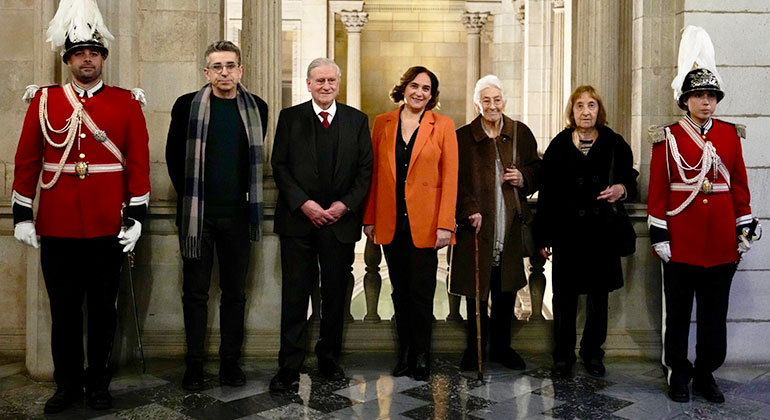
Valentin Fuster, MD, PhD, Receives Prestigious Award from City of Barcelona, Spain
Jan 23, 2023 View All Press Releases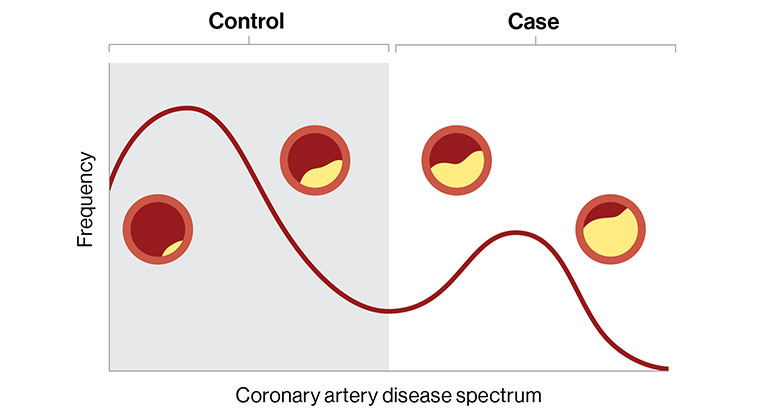
Digital Marker for Coronary Artery Disease Built by Researchers at Mount Sinai
Dec 20, 2022 View All Press Releases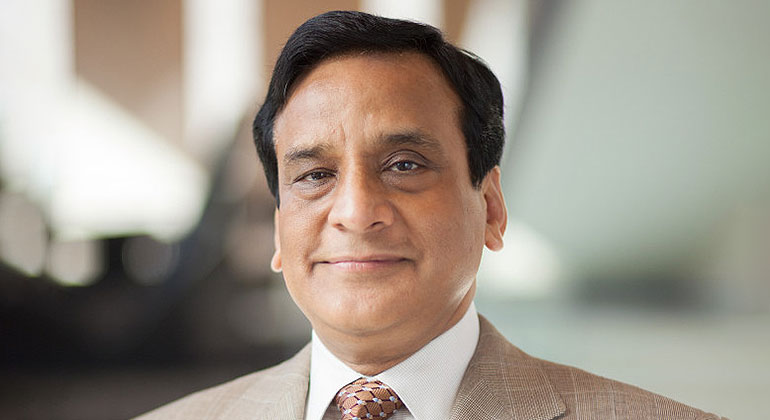
Samin Sharma, MD, Named Director of the Mount Sinai Cardiovascular Clinical Institute
Nov 28, 2022 View All Press Releases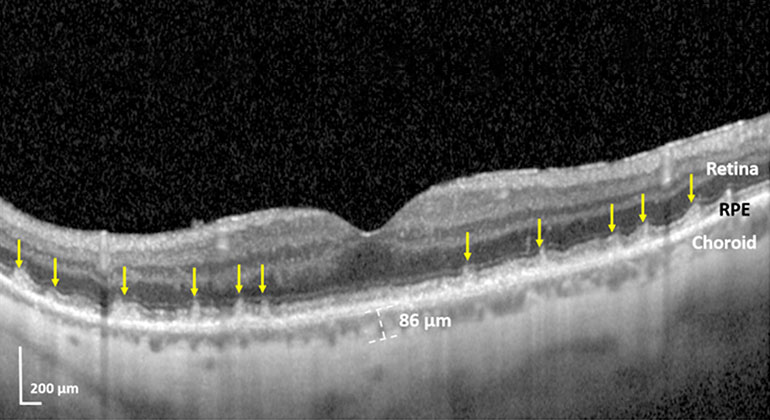
Blinding Eye Disease Strongly Associated With Serious Forms of Cardiovascular Disease
Nov 17, 2022 View All Press Releases